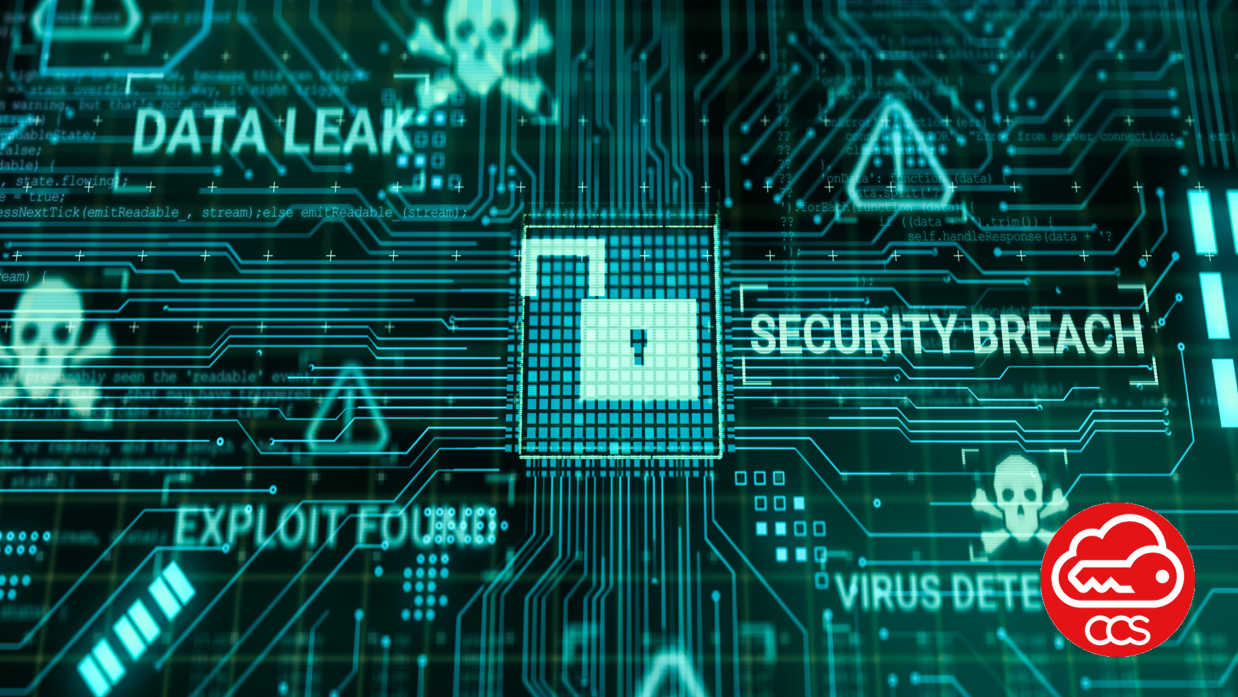The Cyber Security Posture Review (CSPR) helps organisations understand their current maturity, identifying risks and providing recommendations mapped to the National Cyber Security Centre's 10 Steps to Cyber Security, which ensures they are operating an effective cyber security framework against the ever-evolving threat landscape.
Through a combination of questionnaires, face-to-face interviews, and follow-ups we examine the organisation's maturity against each of these steps, identifying risks and providing contextualised, actionable recommendations. This approach ensures organisations have the foundations to defend against cyber security risks and to protect information relating to customers, employees, and business operations.





